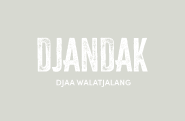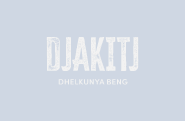MEDIA RELEASE
Recently, the State and the First People’s Assembly of Victoria (Assembly) met to discuss which First Nations will be eligible to negotiate local treaties, but Dja Dja Wurrung Clans Aboriginal Corporation, now trading as DJAARA, is determined to be the voice of their People when negotiating a local treaty.
DJAARA is a Register Aboriginal Party (RAP) for and on behalf of Dja Dja Wurrung People. The responsibilities of a RAP holds statutory obligations to the State and Dja Dja Wurrung People. The Dja Dja Wurrung community fought over 15 years to be a RAP and to be recognised as the Traditional Owners of Central Victoria.
The introduction of a 38 Nations Treaty Model could undermine all of this. The model lists individual nations, clans, and languages groups to be represented in the negotiations. The 38 Nations Model includes different spellings or names of a single Traditional Owner group and counts them multiple times. Traditional Owners cannot use a list that is fundamentally flawed; it doesn’t clearly address who is being represented or how they are being counted. This process also considers the autonomy of groups that are already represented by RAPs. There is a risk by the proposed actions of others in undermining the hard-fought self-determination of the current representative organisations, we could never be party to taking that away from the people.
This approach disregards the self-determined actions of Traditional Owners that have risen to the challenge to become RAPs. RAPs speak for 75% of Victoria and are inclusive and representative groups. If they are not, there are formal, statutory processes to make sure that they are. They can be held to account precisely because they are transparent, democratic, and inclusive.
DJAARA stands by section 18 of the United Declaration on the Rights of Indigenous Peoples as a steadfast action of respect and consideration.
“Indigenous peoples have the right to participate in decision-making in matters which would affect their rights, through representatives chosen by themselves in accordance with their own procedures, as well as to maintain and develop their own Indigenous decision-making institutions.”
For us, as First Nations people, the current government through the Ministers that have championed significant legislative changes and nationally significant State Strategies have never before been better placed for the leadership of Federation of Victorian Traditional Owner Corporations, Victorian Registered Aboriginal Parties and the Victorian Aboriginal Heritage Council to assist the few remaining Traditional Owner Groups to create their own representative structures for 25% of the State.
At such an important and historical moment for First Nations Victorians, the Assembly needs to support the work done by our Elders and community. It is vital to deliver consistent, self-determined frameworks and acknowledge the ones that have created real outcomes to the benefit of our communities.











































































